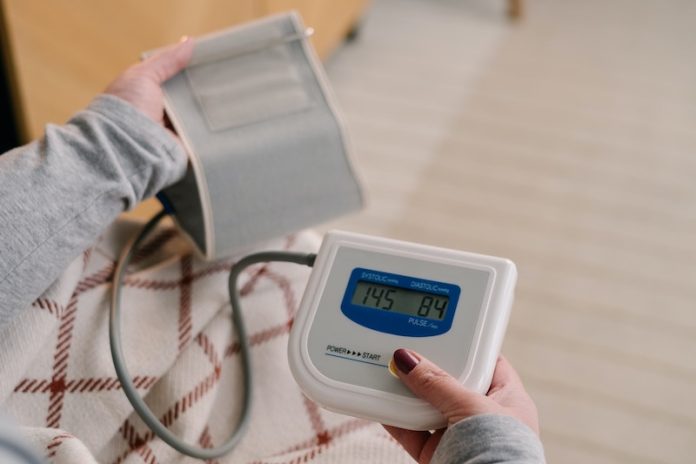
High blood pressure, or hypertension, is a prevalent and serious health condition affecting millions of individuals worldwide.
Its consequences can lead to an increased risk of heart disease, stroke, kidney disease, and vision problems.
While managing high blood pressure often necessitates lifestyle changes like regular exercise, a healthy diet, and prescribed medications, a recent study from Harvard reveals an unexpected issue.
Medications That May Raise Blood Pressure
This Harvard study delved into the use of medications by individuals with high blood pressure and found a concerning trend.
According to data from the National Health and Nutrition Examination Survey, 18.5% of adults with high blood pressure reported taking medication that could inadvertently exacerbate their condition.
These medications include antidepressants, prescription-strength non-steroidal anti-inflammatory drugs (NSAIDs), steroids, hormonal medications, decongestants, and weight-loss pills.
What’s alarming is that these individuals were more likely to experience uncontrolled high blood pressure if they weren’t also taking medication to lower their blood pressure.
Furthermore, those on blood pressure-lowering medication required higher doses to maintain control if they were simultaneously taking drugs that raised blood pressure.
The Importance of Medication Awareness
It’s crucial for individuals with high blood pressure to inquire with their healthcare providers about potential interactions between their medications.
This becomes even more critical for those who consult multiple healthcare professionals, as not all may be aware of the patient’s complete medication regimen.
By staying informed about how different medications can affect blood pressure, individuals can collaborate with their healthcare providers to devise a treatment plan that effectively manages high blood pressure and minimizes related health risks.
Lifestyle Changes for High Blood Pressure Management
In addition to medication management, lifestyle changes play a pivotal role in controlling high blood pressure. A diet low in sodium but rich in fruits, vegetables, and whole grains can be instrumental in reducing blood pressure.
Regular physical activity and stress reduction techniques such as meditation and yoga can also contribute to better blood pressure control.
Conclusion: A Comprehensive Approach to High Blood Pressure Management
High blood pressure is a significant health concern, and medication is often a necessary component of treatment.
However, individuals should be vigilant about the potential impact of medications from various categories on their blood pressure.
By taking a holistic approach to high blood pressure management, including lifestyle changes and medication awareness, individuals can lower their risk of related health issues and enhance their overall well-being.
If you care about high blood pressure, please read studies about unhealthy habits that may increase high blood pressure risk, and drinking green tea could help lower blood pressure.
For more information about high blood pressure, please see recent studies about what to eat or to avoid for high blood pressure, and 12 foods that lower blood pressure.
Follow us on Twitter for more articles about this topic.
Copyright © 2023 Knowridge Science Report. All rights reserved.



